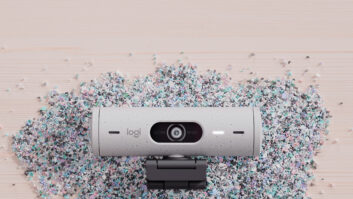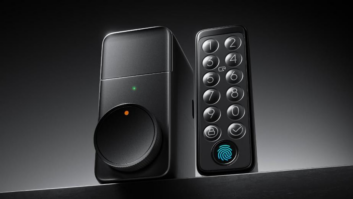In the days leading up to federal regulatory decisions on the proposed merger of satellite providers GM Hughes (including DirecTV, PanAmSat and Hughes Network Systems) and EchoStar, much has been trumpeted about the benefits the deal will bring to the world. But how will this world look if the proposed merger fails?
To begin, it’s a good bet that GM Hughes (GMH) will again go up for sale. This is due primarily to the $5 billion sum General Motors (GM) must soon produce to cover its massive pension funds.
At that time, GMH should be a more attractive prize, as it stands to garner $600 million from EchoStar through an agreed upon break-up fee, and almost $3 billion more after EchoStar completes the agreed-to purchase of the fixed satellite service, PanAmSat.
On its own, GMH should become cash flow positive or moving quickly towards that milestone in 2003. GMH will also become a very nimble competitor to EchoStar and just about every cable provider out there.
As for likely suitors, DirecTV would be a valuable asset to another telecom entity, or Rupert Murdoch’s News Corp. Some doubt surrounds the latter scenario, however, due to the bad blood that has resulted since Murdoch’s original failed bid for the U.S. satellite operation. In addition, News Corp. reportedly could have problems rounding up the cash for a GMH purchase.
Other possibilities include DirecTV’s management, a major broadcaster, SES Americom, John Malone, Bill Gates, or a phantom buyer that has yet to emerge on radar screens.
If DirecTV is able to conclude a favorable extension of its prized exclusive “NFL Sunday Ticket” programming package, its future will be even brighter.
For EchoStar, a non-merger would be a setback, although EchoStar CEO Charlie Ergen’s maneuvers will have slowed DirecTV’s operations and the creation of new programming and distribution deals. It will also have kept Murdoch at bay for a while longer.
Without a deal, EchoStar will go back to its not-too-subtle assaults on DirecTV and cable operators. By continuing to compete against the cable industry and DirecTV, a strong faction believes pricing, speed, and content will improve for the development of local channels and broadband.
By continuing competition in the broadband arena, especially for those tens of millions in non-cabled America (where little or no competition to DBS exists today), growth will be stronger than it would be in a satellite monopoly. The same applies to delivery of Local-Into-Local (LIL) stations by satellite.
On the other hand, the satellite providers would have us believe that the growth and development of broadband, LIL services, and enhanced TV by satellite will be set back for years without a merger. The argument is that neither service alone has the bandwidth to offer these services adequately (and if EchoStar and DirecTV have to continue to compete against one another).
Considering that EchoStar was recently forced by the FCC to relinquish several Ka-Band licenses, an EchoStar without DirecTV could be left scrambling for new spectrum to develop future LIL, High Definition TV (HDTV) and broadband Internet services.
On the other hand, EchoStar will be better positioned to compete in the retail market place, having recently broken DirecTV’s exclusive relationships with RadioShack and Wal-Mart.
In the end, a failed merger bid may force EchoStar to seek another ally.
For consumer electronics retailers, set-top boxes (STBs) and ancillary sales are the biggest concern when it comes to satellite TV. Within the STB category, a huge point of focus will be Digital Video Recorders (DVRs), and what will happen to the development of that feature under either scenario.
But what will a merger defeat do to the broadband needs of consumers, particularly in rural markets? Although EchoStar has intimated that satellite broadband would be delayed or not viable at all without the merged assets of the two DBS platforms, others think the renewed competition would force the development of satellite broadband businesses, just as it did before the merger proposal. A similar scenario applies to satellite HDTV services.
Another possibility in a defeat is that EchoStar and DirecTV would still team up to share spectrum as competitors. In this way, single spectrum and infrastructure could be used to deliver signals to both sets of customers, thus eliminating some duplication while freeing up spectrum for the providers to add exclusive services.
In the end, it is hard to refute the benefits consumers will garner from continued, vigorous competition between two large satellite companies. But either way, consumers will see a lot more audio, video and data in the years ahead.












